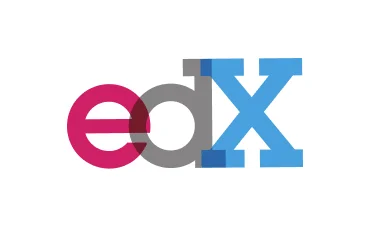When you enroll through our links, we may earn a small commission—at no extra cost to you. This helps keep our platform free and inspires us to add more value.

TrinityX: Sustainable Urban Environments
Learn how integrated systems and individual actions can shape sustainable cities, generating higher quality of life for the future.

This Course Includes
 edx
edx 0 (0 reviews )
0 (0 reviews ) 6 weeks at 2-4 hours per week
6 weeks at 2-4 hours per week english
english Online - Self Paced
Online - Self Paced course
course TrinityX
TrinityX
About TrinityX: Sustainable Urban Environments
How can we strengthen sustainability? By empowering individuals and communities to transform and balance dynamic natural resources, economic prosperity, and healthy populations.
In this course, you’ll explore productive and disruptive social, ecological, and economic intersections – the “triple bottom line.” You’ll investigate a spectrum of global, national, regional, municipal and personal relationships that are increasing resiliency. Most importantly, you’ll learn how to effectively locate your interests, and to leverage optimistic change within emerging 21st century urban environments.
This course will describe fundamental paradigm shifts that are shaping sustainability. These include connectivity, diversity, citizen engagement, collaboration source tracing, mapping, transportation, and integrative, regenerative design. We will take examples from cities around the globe; making particular use of the complex evolution of site-specific conditions within the Connecticut River watershed. In addition we will present tools and strategies that can be utilized by individuals, communities, and corporations to orchestrate effective and collective change.
Each week, lessons will highlight the significance of clean water as a key indication of ecosystem, community and human health. Learners will be asked to investigate and share information about their local environment.
Finally, we will note the impact of such disruptive forces as industrial pollution, changing governance, privatization of public services, mining of natural resources, public awareness, and climate change. A fundamental course goal will be to characterize indicators of economic prosperity and happiness that relate to environmental sustainability – and the capacity of individuals to create change.
What You Will Learn?
- Systems of thinking that can leverage change.
- How water is key to sustainability.
- Ways to trace sources of materials and knowledge.
- Identification of strategic urban infrastructure systems.
- How to strengthen sustainability, wherever you are.